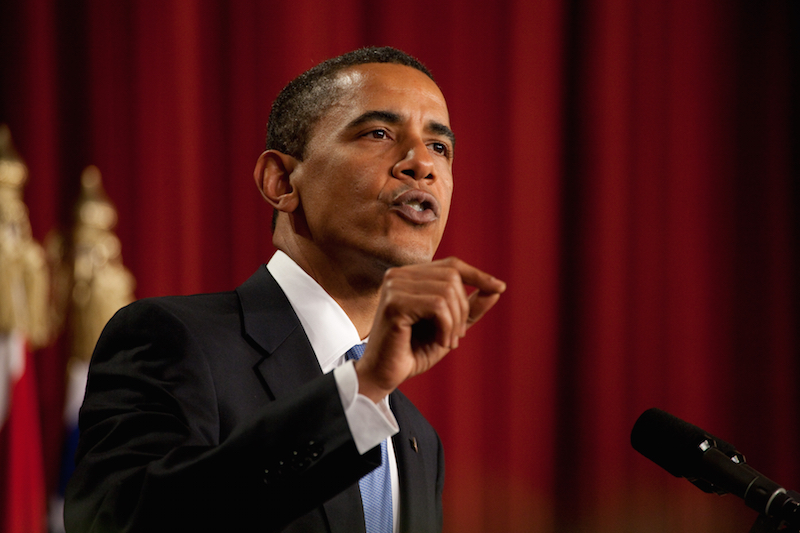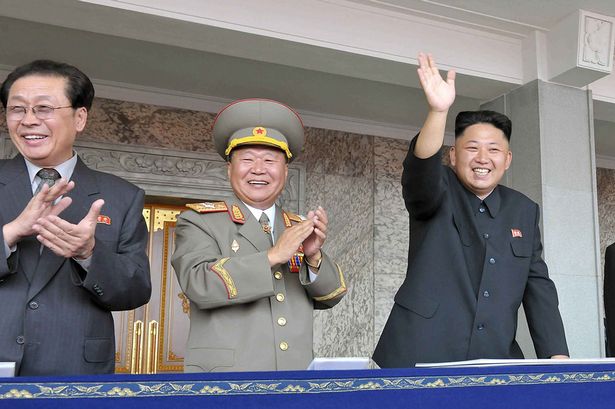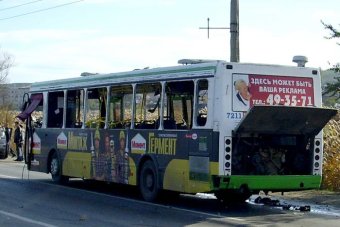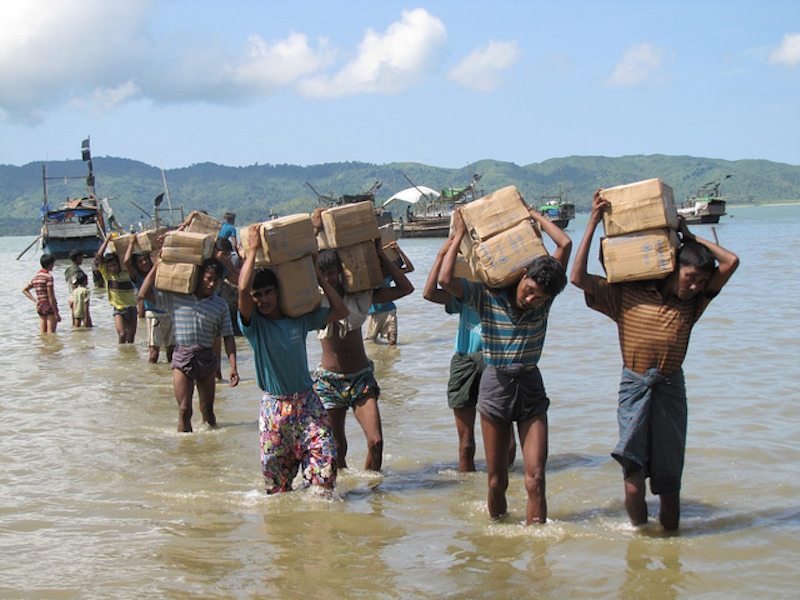President Obama’s seven-day Asia tour could set the stage for future US policy, ranging from economic development to foreign relations.
While Obama is wrapping up his term as President, his actions this week will go on to shape American diplomatic relations for his successor. He’s embarked on a seven-day tour, starting in Hanoi and culminating in Japan for the G7 summit.
During his visit to Hanoi this Monday, Obama announced a repeal of the US arms embargo on Vietnam. This marks the end of one of the last legal vestiges of the Vietnam War, since it was relaxed in 2014. It will characterize a new relationship between the US and Vietnam, and the two will potentially move toward arms trading.
The US lifted the embargo on the grounds that Vietnam had “improved its human rights record.” But human rights advocates condemned the decision, and they urged the US to hold off until Vietnam would release political prisoners and stop its repression of civil protesters.
While the US claimed this move would normalize its relationship with Vietnam, another factor may also have been at play: the growing tensions in the South China Sea, amid Chinese military activity in the area over the past year.
On Tuesday, May 17, two Chinese fighter jets carried out an “unsafe” intercept of a US military reconnaissance aircraft over the South China Sea. Combined with the build up of Chinese naval ships, the South China Sea is once again becoming an unstable region.
President Obama’s meeting with Tran Dai Quang in Hanoi was his first trip to Vietnam, and some Vietnamese are looking favourably toward US military power in the wake of Chinese aggression. A recent Facebook question revealed some Vietnamese veterans were unopposed to American military presence on the strategic port of Cam Ranh Bay. Vietnam and China last fought over islands in the South China Sea in the 1970s and 1980s, and Vietnam knows it could not withstand Beijing on its own.
American access to Cam Ranh Bay would be critical to counterbalancing China in the event of hostility, due to its close proximity to the South China Sea. Lifting the arms embargo shows the Obama administration is seeking to work with Vietnam as it stands, rather than pushing for a multiparty democracy that the country’s conservative officials fear. It sends the messages to China that future administrations are prepared to act through regional allies should conflict emerge in the South China Sea.
After his three-day trip in Vietnam, Obama will go to Japan for the G7 Summit, and will pay a visit Hiroshima this Friday. This is a symbolically crucial step forward for US-Japanese relations, as he will be the first sitting US President to visit the site.
But questions will follow: is the President’s visit to Hiroshima a symbolic apology for the US’ acts during World War II? Is it a courtesy to be made before G7 talks, which will focus on major issues such as global economy and trade, foreign policy, and development? How will his presence and acknowledgment in Hiroshima affect US-Japanese relations in the future?
The G7 Summit, moreover, will be held from May 26-27, 2016, in Shima, Japan. On the agenda are topics such as economic development, climate change, and women’s empowerment. It will also be President Obama’s final G7 Summit. While the US has been a leader in global issues, it will be interesting to see how Canadian Prime Minister Justin Trudeau fares in his first summit.
The continued exclusion of Russia from G7 discussions may also pose heavy risks, as sanctions have barred Russia from the G8 since its invasion of Crimea. G7 leaders are looking to tie lifting sanctions against Russia with the full implementation of the Minsk agreement and respect for Ukraine’s sovereignty.
With sanctions against Russia expiring in July, the outcome of this summit will be key. Both Japanese PM Shinzo Abe and French President François Hollande have agreed to continue dialogue with Russia ahead of the G7 meeting. Any decision cannot be taken lightly: political sanctions against Russia could backfire for G7 leaders and hurt their political leverage over Ukraine.
This will be Obama’s tenth and possibly last visit to Asia, as the time comes for him to bid farewell to the White House for good. Yet his trip will remain highly significant for American foreign policy, as his first visits to Vietnam and Hiroshima could shift their relationship with the US for future administrations. The lifting of the arms embargo could create a stronger regional alliance in the South China Sea, while the symbolic visit to Hiroshima may create a new, more powerful narrative of the US’ actions during World War II.
Skeptics may claim that the last few months of his term will be purely procedural, yet Obama shows little desire to slow down.
Photo: Barack Obama, 2009. By Chuck Kennedy, accessed via Flickr. Public Domain.
Disclaimer: Any views or opinions expressed in articles are solely those of the authors and do not necessarily represent the views of the NATO Association of Canada.




